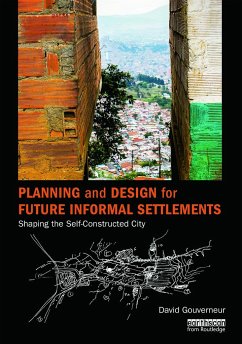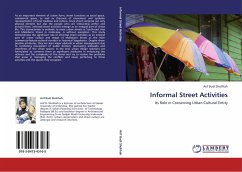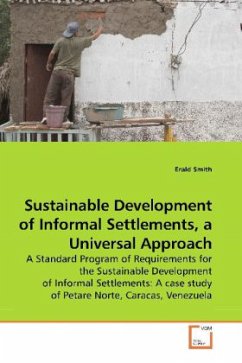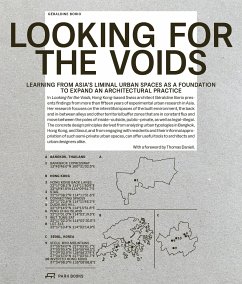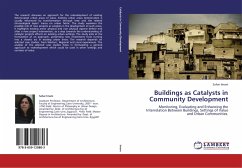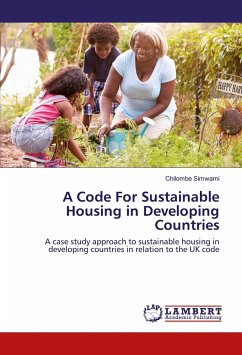
Regularizing Informal Settlements for Sustainable Housing Development
The Case of Nairobi, Kenya
Versandkostenfrei!
Versandfertig in 6-10 Tagen
52,99 €
inkl. MwSt.

PAYBACK Punkte
26 °P sammeln!
In the past five decades there has been a broad range of housing development interventions aimed at resolving the housing problem both globally and at national levels ranging from forced evictions and resettlements through large scale public sector interventions of different kinds, to local pro-poor and inclusive approaches such as upgrading, enabling environment and city development strategies. It has been argued that the failure of these interventions emanate from the top-down approach adopted by authorities. This study identifies, accounts and documents the prevailing systems of settings an...
In the past five decades there has been a broad range of housing development interventions aimed at resolving the housing problem both globally and at national levels ranging from forced evictions and resettlements through large scale public sector interventions of different kinds, to local pro-poor and inclusive approaches such as upgrading, enabling environment and city development strategies. It has been argued that the failure of these interventions emanate from the top-down approach adopted by authorities. This study identifies, accounts and documents the prevailing systems of settings and the embedded systems of activities in the informal settlements that determine and sustain them in the city of Nairobi, Kenya. The study analyses these systems at the city, the neighbourhood, and the dwelling levels with the objective of establishing relevant systems of settings and their embedded systems of activities appropriate for adaption in the regularization of informal settlements for sustainable housing development for the urban poor. Theories and concepts that informed this study include Environment-Behaviour Relations, Environment-Attitude Relations and Sustainable Livelihoods.




